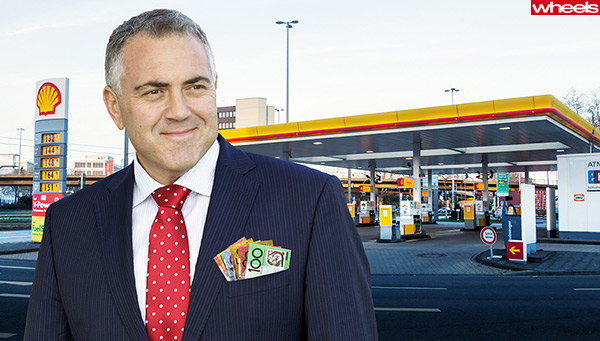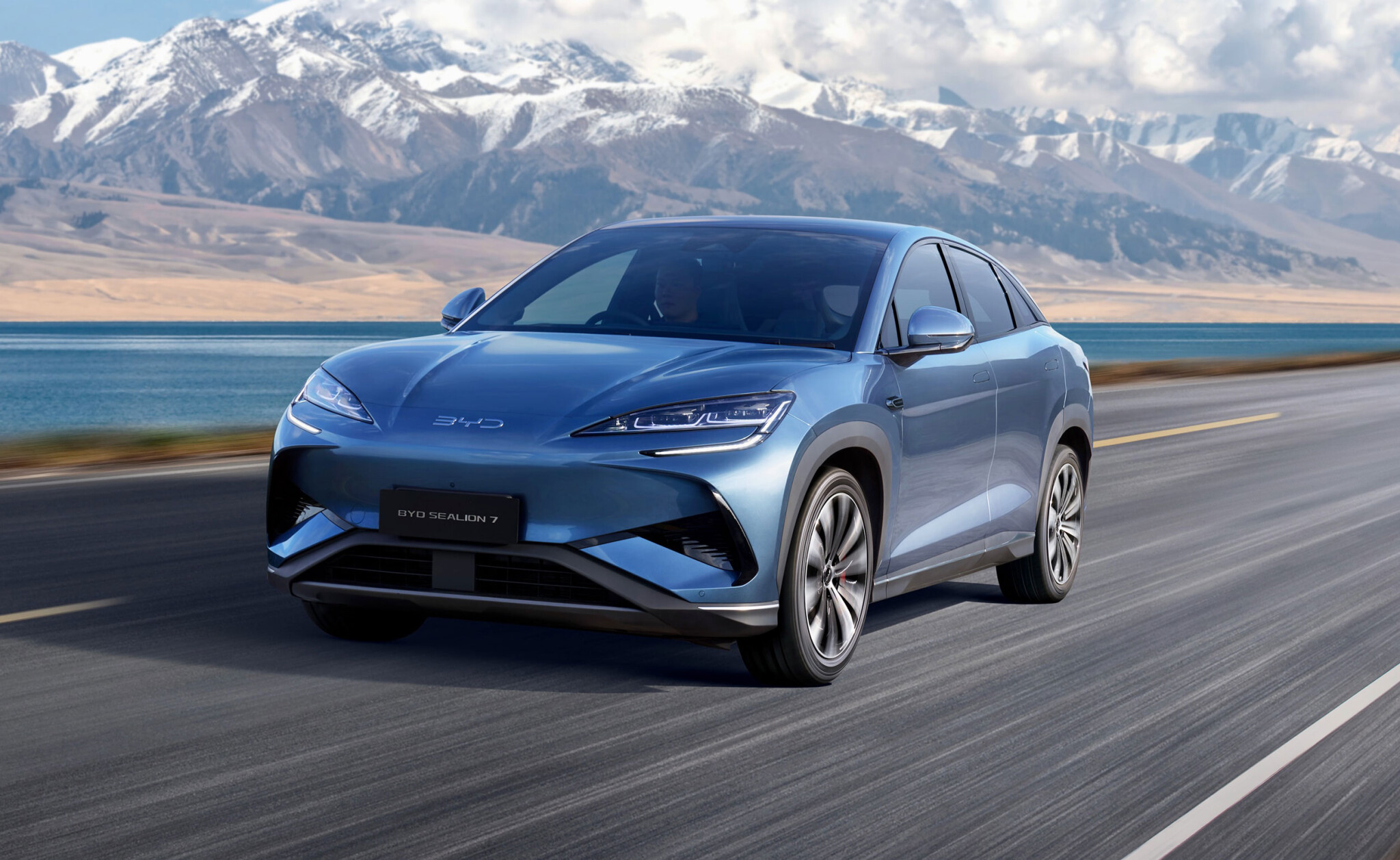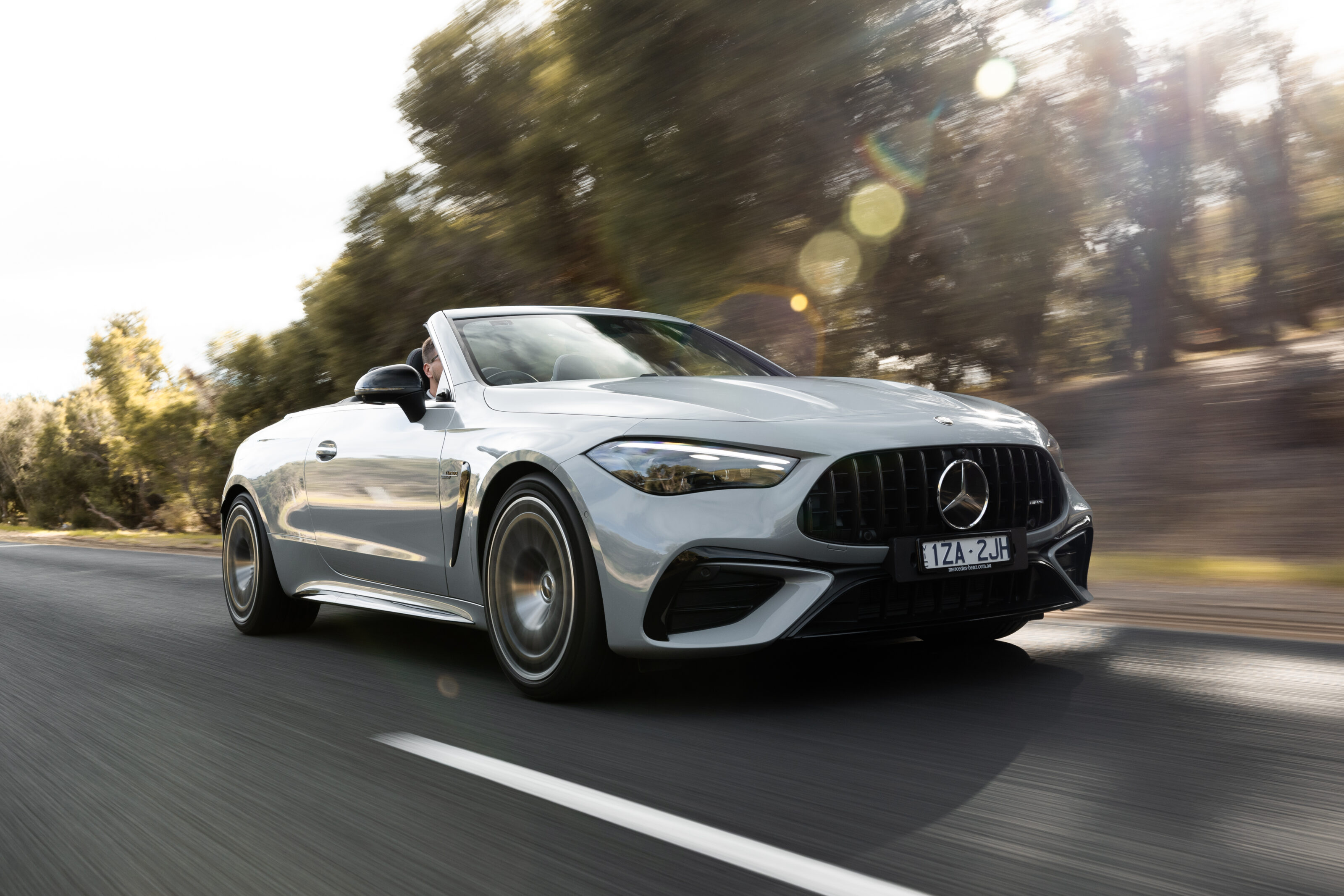Joe Hockey’s controversial first budget has dropped, but what does it mean for motorists? Sadly, it’s not great news – thanks mostly to an increase in the fuel excise.
From August, the government will index the price of fuel against inflation every six months – something no Australian government has done since 2001, when John Howard froze the fuel excise at 38.1 cents per litre.
In real-world numbers, it’s likely to see the price of fuel jump by about one cent per litre every year, while the government will collect $2.2 billion in revenue by 2018.
Break that down further and budget papers show the excise will deliver $168 million in revenue in the 2014/15 financial year, $380 million in 2015/16, $680 million in 2016/17 and $990 in 2017/18.
Hockey says every cent of this revenue will be funnelled into new road projects, such as Melbourne’s East West Link and the WestConnex tunnel in Sydney.
“Shovels will start moving within a matter of months,” Hockey said.
“But these projects will do more than create construction jobs. They will inject money into communities, lower business costs and reduce congestion. This will improve living standards across the country.
“And to help pay for this, the government is re-introducing fuel indexation where every dollar raised by the increases will be linked by law to the road-building budget.”
Motoring groups, however, have vowed to fight the fuel rise and are seeking a fairer use of the funds.
“Motorists expected a fairer deal from this Budget, they are sick and tired of paying taxes and not seeing a fair return on their investment,” Australian Automobile Association chief executive Andrew McKellar said.
“Only a fraction of fuel excise is invested on transport infrastructure by the federal government and this Budget provides an opportunity to get a better deal through a fairer direct link.
“Motorists want a guaranteed share of fuel excise returned to transport funding in order to stop the Budget ‘drip-feed’ of investment.”
NRMA president Wendy Machin also criticised the petrol tax increase.
“The federal government already collects more than it spends on roads and transport infrastructure, so there is absolutely no basis for this unfair tax hike,” Machin said.





